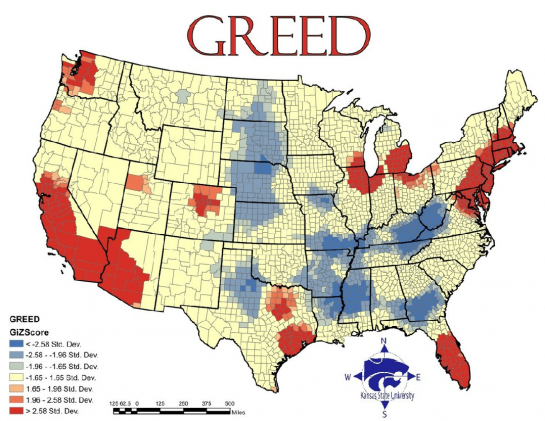
There were two throught provoking articles in the New York Times magazine this weekend. The first, “Facebook Exodus”
by Virginia Heffernan, was a great read as it articulated why many members are moving on.
Heffernan profiled several members who left facebook for reasons that included the discomfort of having facebook knowing too much about you, overexposure about your life to others, a waste of time, and a feeling that facebook is stalking them.
Facebook is still a growing giant, attracting 87.7 million unique visitors in July. The article made me think about the lifecycle of businesses and wonder if facebook, like other business that grow very quickly and have a lot of hype will be sustainable in the long run.
by Virginia Heffernan, was a great read as it articulated why many members are moving on.
Heffernan profiled several members who left facebook for reasons that included the discomfort of having facebook knowing too much about you, overexposure about your life to others, a waste of time, and a feeling that facebook is stalking them.
Facebook is still a growing giant, attracting 87.7 million unique visitors in July. The article made me think about the lifecycle of businesses and wonder if facebook, like other business that grow very quickly and have a lot of hype will be sustainable in the long run.
I then flipped the page to find that Rob Walker’s article, “Cleaned Sheets” continued this line of thinking. Walker’s profile of Linens ‘n Things is an insightful view into a fascinating business model.
When LNT filed for bankruptcy in 2008, they closed 586 stores throughout the country. They also had assets that creditors purchased during liquidation including a database of 5 million email addresses, the Linens’s and Things name (= brand), and trademark.
They formed a new online company called lnt.com and opened a few months ago with the same concept but exclusively online. Imagine opening a company online but starting off with a database of 5 million customers that already know (and perhaps trust) your brand. Genius!
Taking these two articles made me think that in some cases, re-incarnation is the most important step in a business’s lifecycle. Even if Facebook would lose some of it's novelty, their database and information would most likely be repackaged.
Perhaps you can look at your own business and evaluate if it is time for a re-incarnation? Or what your possible reincarnations might be?











